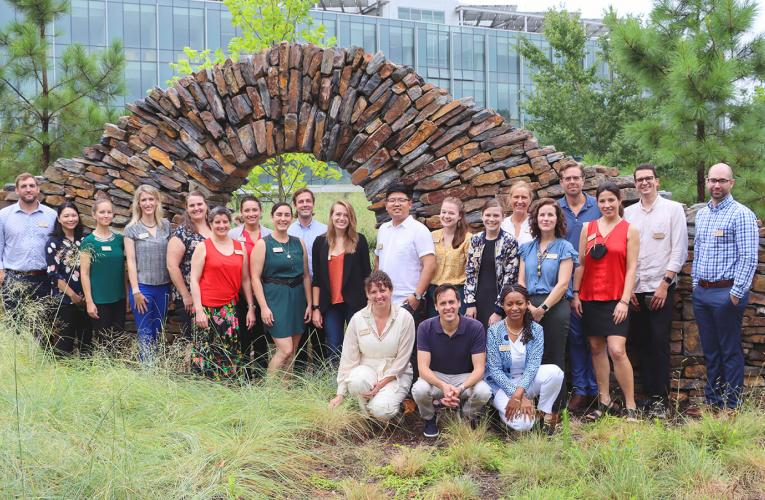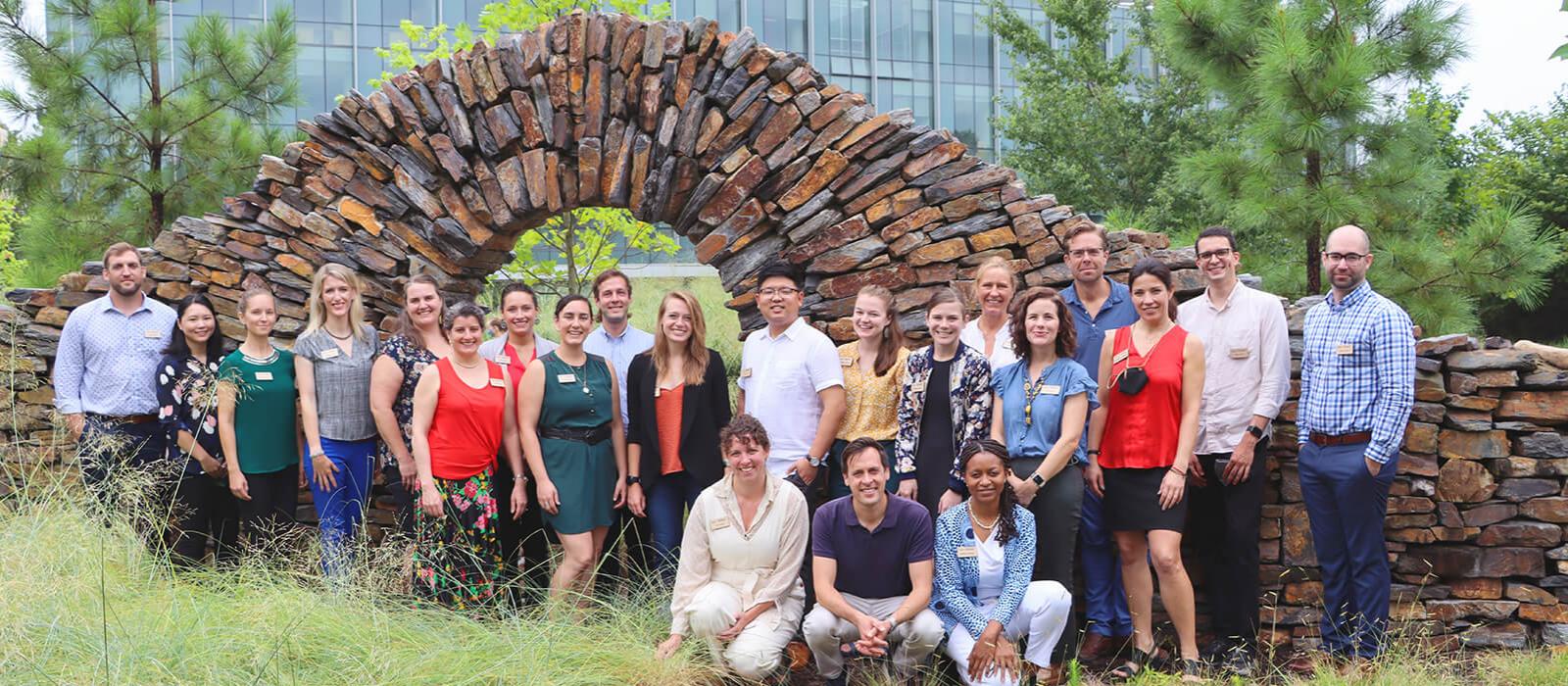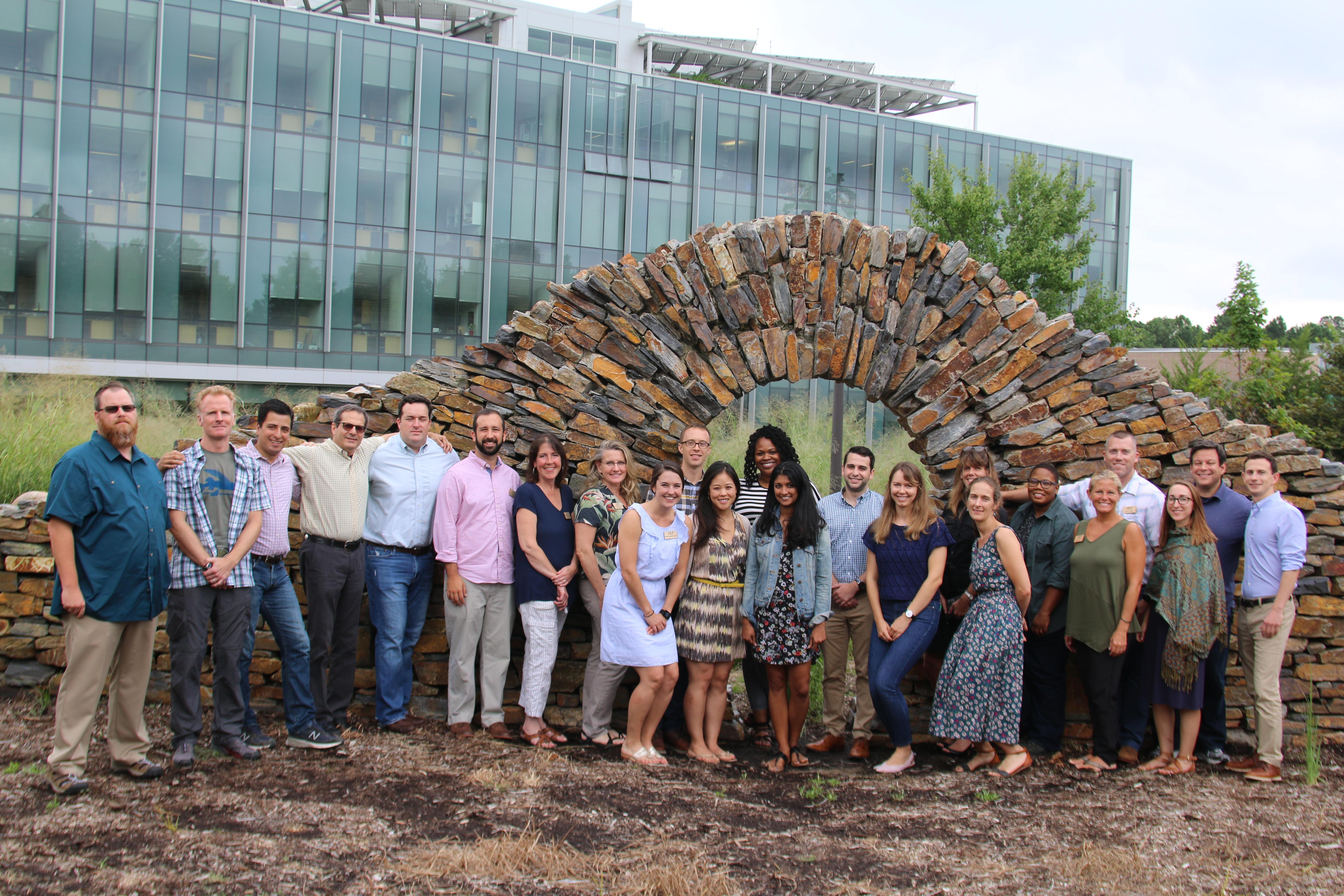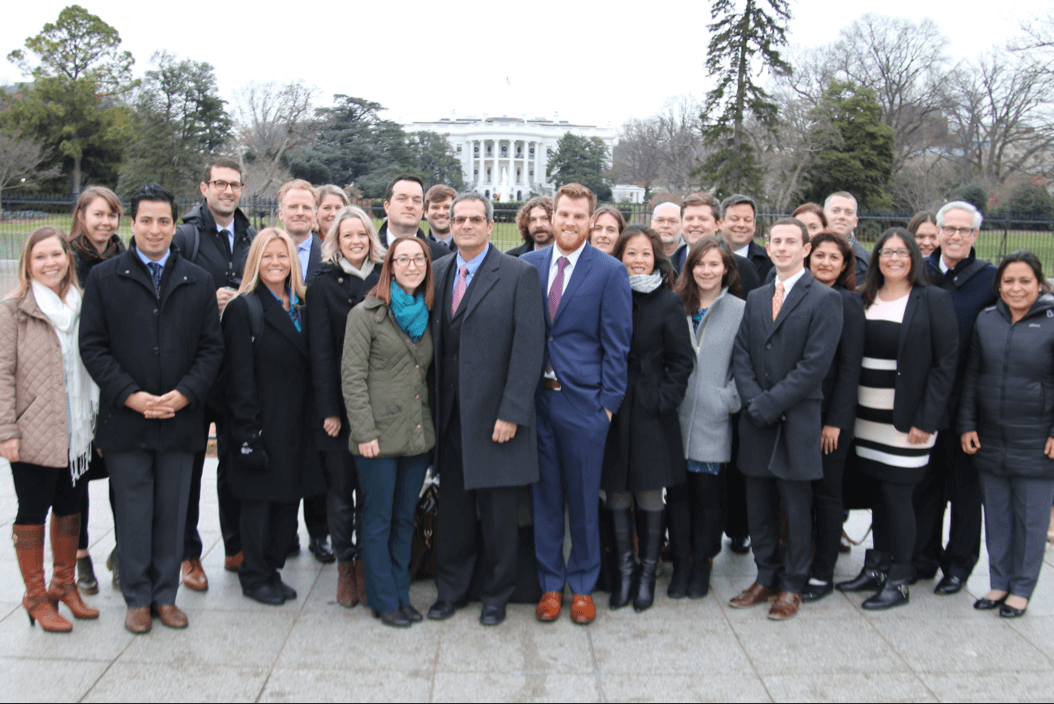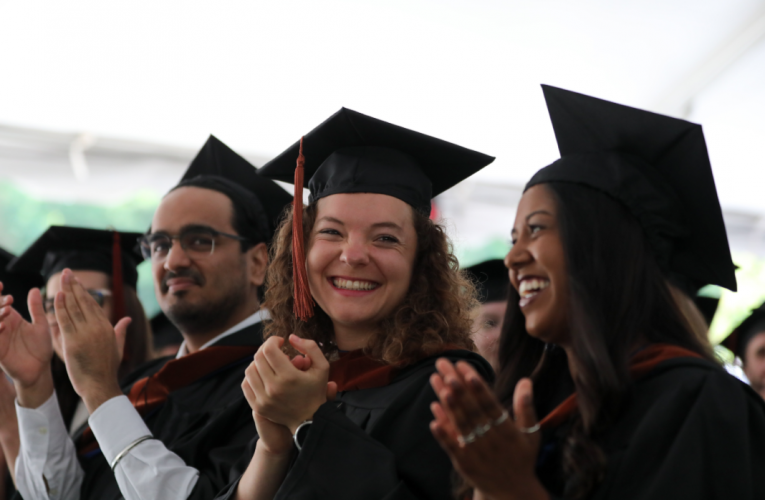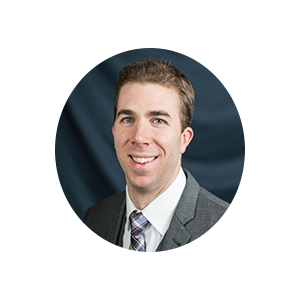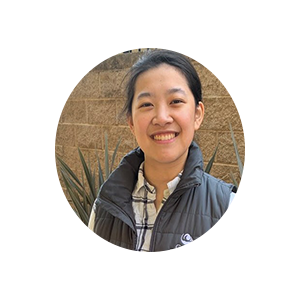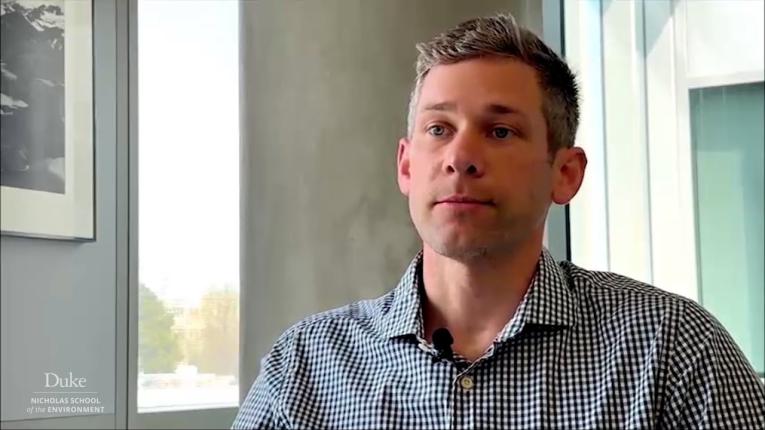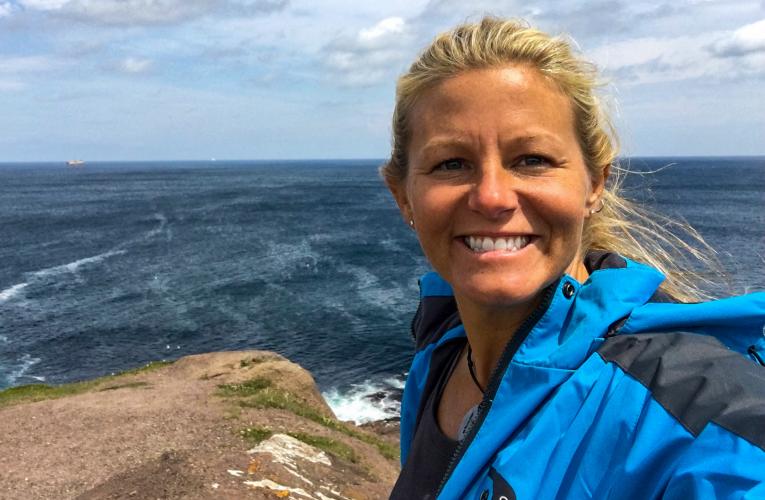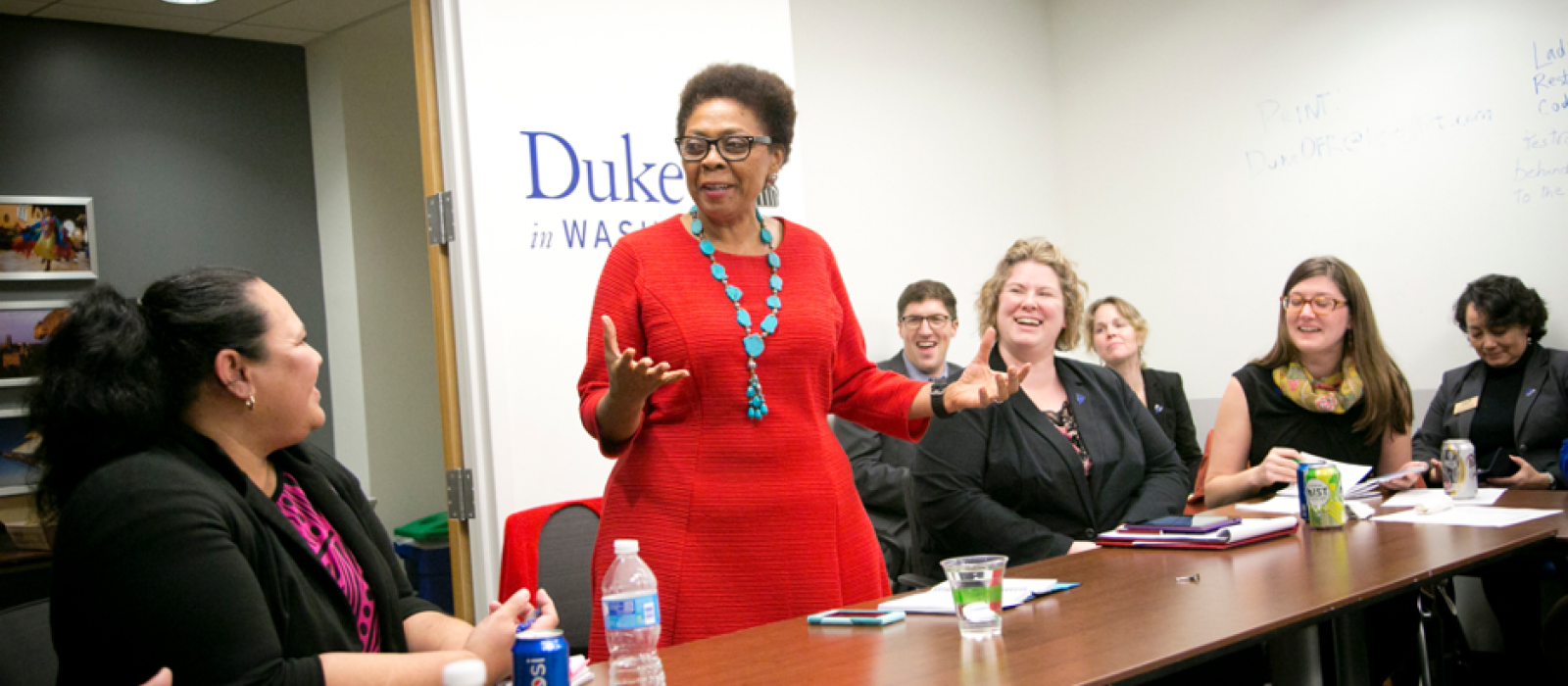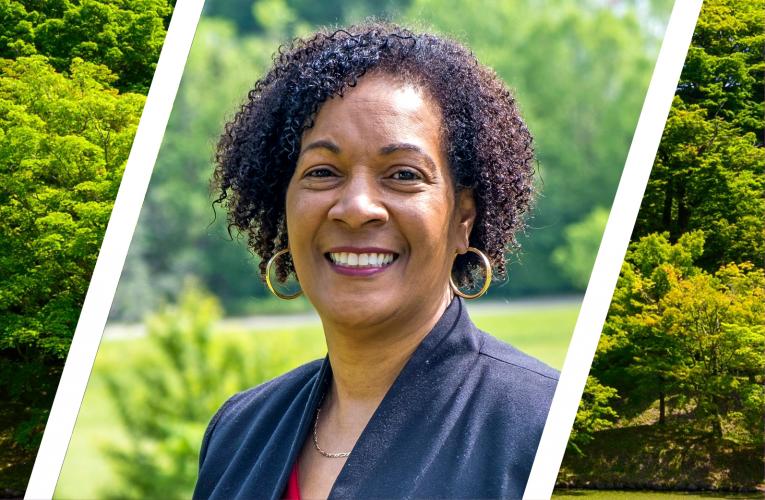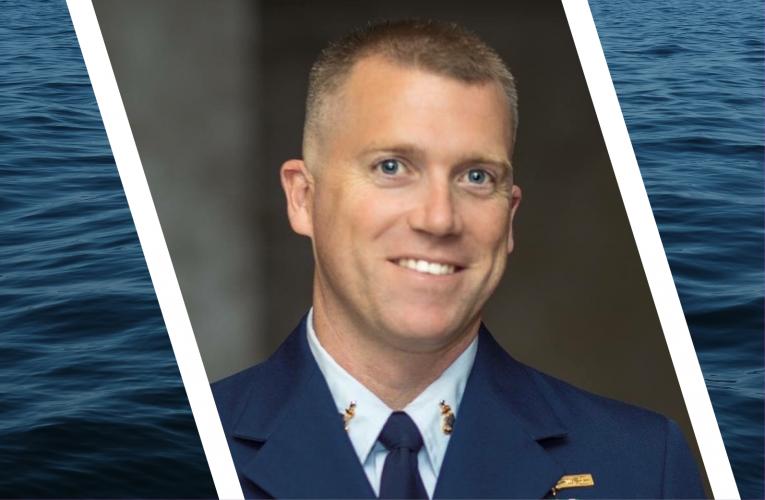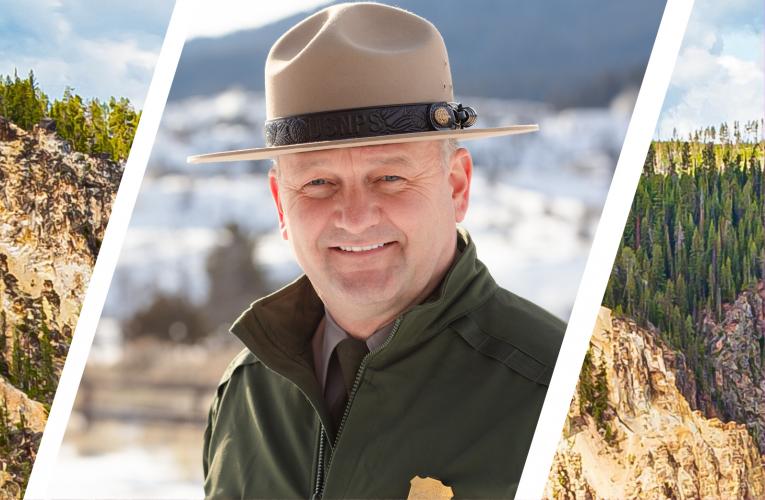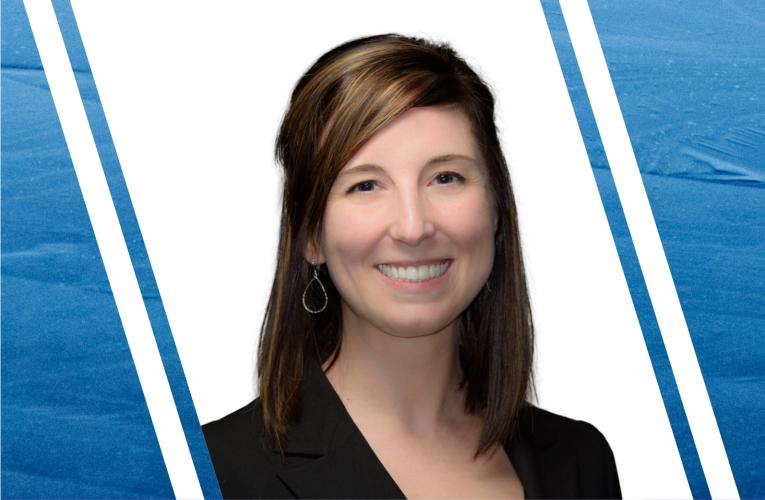Program Hallmarks
DEL’s innovative approach to lifelong learning offers students opportunities to engage deeply with environmental issues of interest, develop meaningful connections with other environmental professionals, and shape their own learning journeys. Hallmarks of the program include:
- Experienced Participants - We are committed to admitting a student body comprised of high-potential environmental professionals – enabling you to network and exchange ideas with colleagues in a variety of environmental fields.
- Relevant Curriculum - Coursework incorporates real-life case studies containing problems and solutions directly relatable to your current job and career aspirations.
- Multidisciplinary Approach - The DEL-MEM program provides insights into many aspects of environmental issues by taking advantage of Duke's wide range of expertise and resources.
- Engaged Faculty - You will learn from recognized experts in the field – faculty committed to education, whose work addresses our most important environmental and natural resource challenges.
- Flexible, Innovative Format - We understand that you need to keep learning to advance towards your goals. Through a unique hybrid learning format, the DEL-MEM program allows you to advance your education while maintaining a commitment to your job and family.
- Leadership Development - Environmental Leadership is a central theme incorporated throughout the DEL-MEM curriculum. You will have the opportunity to assess, enhance and practice your leadership skills through courses, workshops, place-based session activities, and engagement with environmental leaders.
- Immediate Results - Since you will be working while studying, you can immediately apply what you learn to the benefit of your career and your organization or agency.
DEL-MEM Program Equipped Alumna with New Skills, Professional Network
Lacey Ambrosino discusses her experience in the Duke Environmental Leadership Master of Environmental Management (DEL-MEM) program. The U.S. Marine said the program helped her grow professionally while also benefiting from networking and learning alongside her cohort.
Format
Our unique program format—which combines evidence-based online and face-to-face learning models—offers students opportunities to engage in challenging coursework, develop core leadership skills and foster lasting relationships with their professors and peers.
Place-Based Sessions
One of the defining features of the DEL-MEM program is our series of five place-based sessions (PBS). During these intensive sessions, students engage in leadership development activities and discussions, meet and collaborate with peers and faculty, and connect with the larger Nicholas School and Duke communities. Place-based sessions provide an opportunity for students and faculty to develop relationships that last long after the program ends.
Place-Based Sessions Details
Orientation / AUGUST PBS
Durham, NC
Our first place-based session is held at the Nicholas School of the Environment at Duke University in Durham, NC. It is designed to kickstart your DEL journey. During this place-based session, you will begin the process of building community with Nicholas School students, faculty, and staff. You will reflect on your leadership journey and practice leadership skills. You will have opportunities to explore the Nicholas School, the Duke campus, and Durham. You will learn about all the amazing resources that Duke has to offer, and you will become more familiar with Duke systems. You’ll participate in your first classes of the semester and learn about what to expect from your two years in the program. Orientation will provide you with a framework and point of reference for your studies.
december pbs
Washington, DC
One of the hallmarks of the DEL-MEM program is our biannual, December place-based session in Washington DC, which occurs in odd years. This 5-day leadership session is part of the DEL-MEM's leadership advantage, providing a framework and point of reference for students' leadership journeys and development. Students engage in discussions with environmental leaders, selectively chosen to provide various viewpoints, leadership journeys, and styles. Students have opportunities to ask challenging and thoughtful questions and they are given space to reflect on their own leadership journeys.
Durham, NC
In even years, DEL students gather at Duke’s campus in Durham. During this 3-4 day PBS, students present their final course projects and meet with their course instructors for the upcoming semester. Students also participate in leadership workshops, discussions, and reflections. Continued community building is a key aspect of the December session, as well.
Orientation (August pbs) as a second-year student
Students return to the Duke University campus in Durham, NC at the beginning of their second year to meet the incoming cohort, engage in community building activities, and continue their leadership learning.
Graduation
DURHAM, NC & BEAUFORT, NC
The final place-based session occurs in May and is for graduating DEL students. During this PBS, students share with their peers how their leadership journeys have evolved during their time in the program. Students also travel to Duke University’s Marine Lab in Beaufort, NC to learn more about what’s happening in the marine and coastal conservation realms. The session ends with a Nicholas School Recognition Ceremony and the Duke University Commencement Ceremony. Although optional, these ceremonies allow you to celebrate and recognize your hard work and successes!
* Please note, all travel and lodging expenses associated with each place-based session are the responsibility of each student and are not included in the cost of tuition.
ONLINE LEARNING
Students spend most of their time learning through an online format. When not gathered for a place-based session, students participate in online synchronous classes and asynchronous discussion forums and projects.
Online Coursework Details
The online learning portion uses interactive technologies to complement face-to-face sessions. Students use Zoom to participate in real-time weekly course meetings with peers and instructors. Students also use a variety of technologies to complete individual and group coursework. Electronic versions of course materials are used in lieu of traditional hardcopy materials when available.
Synchronous Learning
The DEL-MEM program uses Zoom to hold real-time weekly course meetings (typically 60-90 minutes per week per course). These course meetings are typically held in the evening (8:00 p.m. ET). These meetings are recorded so students can review at any time.
Course meetings are heavily focused on discussions versus lectures, and students are encouraged to actively participate. As mid-career professionals, student contribution is significant and is based on their expertise and experiences. At times, when a student is an expert on a topic, they will be asked to assist in leading discussions. The peer-to-peer learning is significant and adds a key dimension to the learning experience.
Asynchronous Learning
Weekly class meetings are supplemented with readings, group projects, papers, and online discussion boards. Students connect beyond their virtual classrooms through a variety of forums.
Discussion boards are used in all DEL-MEM courses. These forums are a place for students to further explore the concepts presented and discussed during their weekly classes.
Program Components
We offer a two-year, four-semester, 30-credit degree. The program's requirements include:
Core Courses & Seminars – 17 credits
Core Courses & SEminars
The following courses are required for all DEL-MEM students:
- Economics of Environmental Management
- Ecosystem Science and Management
- Environmental Law and Policy
- Strategic Planning for Environmental Leaders
- Professional Writing
- Leadership Seminar (taken every semester and includes the five place-based sessions and virtual class meetings during the semesters)
Focused Courses / Electives – Minimum 7 credits
Electives
Elective courses allow DEL students to explore topics that most interest them. Some DEL electives are field courses that provide students with opportunities to travel and learn more about an environmental topic in an immersive experience. Students can choose from a wide variety of electives*, including:
- Business Strategy for Environmental Sustainability
- The Science of Climate Change
- Community-Based Environmental Management (with a field component in Mexico)
- Restoration Ecology: Principles & Practice (optional field trip to Kaua’i)
- Sustainable Development (optional field trip to Colombia)
- GIS
- Sustainable Cities
- Corporate Sustainability and Carbon Accounting
- Energy Law
*Offerings of elective courses are specifically cultivated by the DEL-MEM Faculty Director and may vary from year to year.
Independent Studies and Projects
Through independent study courses, students craft learning experiences that align well with an environmental area of interest. DEL students can participate in independent student courses individually or in small groups. Consent of instructor required. Project details, including number of credits, are arranged with instructor. Variable credit (one to three credits).
Master's Project – 6 credits
Master's Project
A culminating hands-on experience, the Master’s Project (MP) allows students to apply the professional skills and knowledge they’ve acquired in the classroom to projects that tackle real-world environmental challenges, often in service to an industry, government or nonprofit external partner. The MP typically culminates in a paper and presentation in the program’s final semester.
- See: Master's Projects
Within my cohort, I met unbelievable friends that were not only in a similar position in life, but they also came to the program with incredible experiences and perspectives vastly different from mine. As somebody looking for a career pivot, the insight these trusted friends provided me about different career pathways was invaluable and reassuring."
–Tyler Sammis, DEL-MEM '20
executive director, park institute of america
Out of all the other environmental master's programs I considered applying to, the DEL-MEM was the only one that offered a unique experience of remote learning and occasional place-based sessions. I appreciated this hybrid model as I would be able to still feel like I was a part of the school community while working as a professional."
–Fanny Yang, DEL-MEM '23
Project Specialist, North Coast for the California State Coastal Conservancy
Meet Our Students
Current students and alumni consistently say that they choose a DEL-MEM for several reasons. Perhaps most importantly is that it allows them to continue meeting responsibilities in both their current environmental profession and personal life. We also hear that, unlike larger programs, the small cohort affords exposure to less familiar perspectives and career fields that positively impact the way they approach their own work.
Qualities of a Typical DEL-MEM Student
- Has an established background in field directly related to the environment, with a minimum of five years of relevant experience
- Exhibits strong qualitative skills and intellectual ability to complete a graduate degree program at Duke University
- Demonstrates a commitment to engaging as an environmental leader
- Is seeking to update and add depth to their current skills, with a focus on management and leadership learning and development
Employment & Geographic Representation
Employment representation
We are committed to recruiting and admitting a student body comprised of high potential, mid-career professionals from all sectors with a minimum of five years of relevant experience.
Our students come from amazing organizations—ranging from small nonprofits like Renew Missouri to large private firms such as Google. They work in government, nonprofit organizations, private industry and consulting.
Geographic representation
Each cohort represents students from across the country and world. This spectrum of perspective fuels discussion, as different localities bring different environmental pressures and concerns. International students provide alternative lessons and case studies in environmental management and leadership.
Professional Experience
Most students come with six to 10 years of professional environmental experience. One third have between 11-20 years of experience. The minimum requirement of five years of professional experience ensures that all students can offer leadership and management perspectives that enhance peer-to-peer learning.
Additionally, DEL-MEM students have a dedicated focus on leadership, which participants say is a significant contributor to their confidence and career growth. Past participants have reported earning promotions—some while still in the program—by applying lessons learned at their jobs.
From the Director
In our rapidly changing world, the environmental challenges we face and the tools for addressing them are continually evolving. The Duke Environmental Leadership program convenes emerging leaders from across the private, public, and nonprofit sectors, engaging them in an inclusive and resilient process to gain the skills, knowledge, and networks needed to meet these challenges and achieve their full potential.
Our collaborative learning environment draws on the skills and experience of our students, and leverages the strengths of our faculty to bring the most recent research and most relevant practice into the classroom. Our unique hybrid model establishes a long-lasting community of students and faculty through intensive place-based sessions and sustained and dynamic online engagement.
Completing a two-year master's degree as a mid-career professional is challenging, but our program is designed to complement your expertise and existing work commitments. Our alumni occupy leadership positions across the globe and are helping to train the next generation of environmental leaders.
The most successful leaders are those engaged in perpetual learning, and this is especially true for those tasked with addressing environmental challenges presented by our rapidly changing world. The DEL program helps emerging leaders transcend their existing capabilities and realize their full potential as environmental stewards and agents of positive change.”
-David Johnston, DEL-MEM Director
Ready to Take the Next Step?
Connect with us at an upcoming event to meet our admissions team and gain in-depth information about our degree programs.
Visit the master's programs Admissions section to learn more about application requirements, find answers to frequently asked questions and start your application.
15 years of del-mem
Related News
-
February 12, 2025
-
December 6, 2024
-
October 28, 2024
